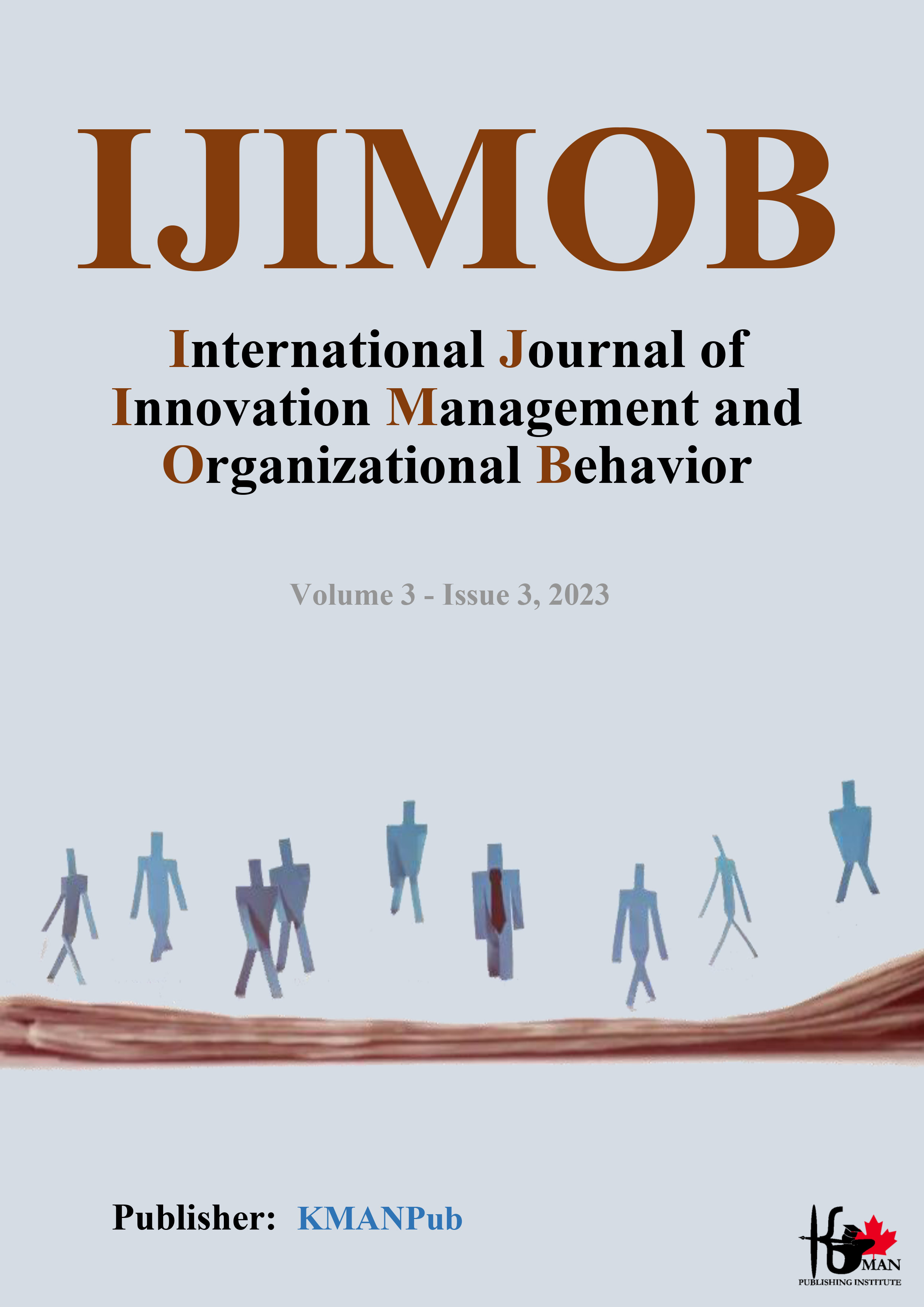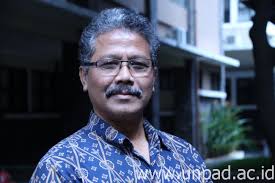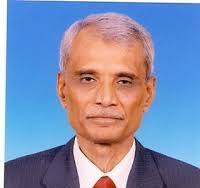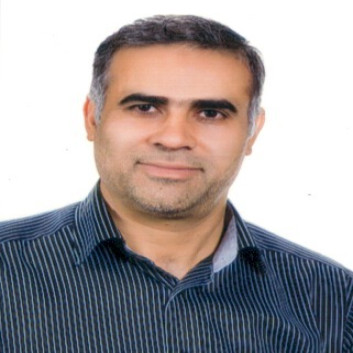Presenting a Citizenship Model for Cultural and Social Development of Virtual Space Users among Tehran Citizens
Keywords:
Citizenship model, Cultural and social development, virtual spaceAbstract
Objective: The objective of this study is to present a citizenship model for cultural and social development of virtual space users among Tehran citizens.
Methods and Materials: The study employs a structural equation modeling (SEM) approach using the Partial Least Squares (PLS) method. A researcher-designed model was tested with data collected from 384 participants. The model evaluates the relationships between structural, behavioral, and contextual variables as well as their effects on citizen awareness and effective civic engagement. The Stone-Geisser Q² index and the goodness of fit (GOF) index were used to assess the model's predictive relevance and overall performance, respectively. Data were analyzed using Smart-PLS software, and significance was determined based on t-statistics with a confidence level of 95%.
Findings: Out of 15 tested hypotheses, 10 were confirmed. The results show that optimal structural, behavioral, and contextual conditions significantly impact the creation of platforms for enhancing citizen awareness in urban social development. However, the study found no significant mediating effect of internal and external factors between certain variables, such as the relationship between structural conditions and the improvement of citizen awareness. The model’s GOF value of 0.368 indicates good overall model performance.
Conclusion: The findings suggest that structural, behavioral, and contextual conditions play a crucial role in fostering citizen awareness and engagement in virtual spaces. External factors, such as job opportunities and media influence, have a significant moderating effect on citizen engagement, while internal factors show no significant moderating role. Future research should explore further interactions between these variables.
Downloads
Downloads
Additional Files
Published
Issue
Section
License
Copyright (c) 2023 Seyed Abdol Reza Hoseini, Nader Sadeghi Lavasani, Ruhollah Ahmadzadeh Kermani (Author)

This work is licensed under a Creative Commons Attribution-NonCommercial 4.0 International License.

























